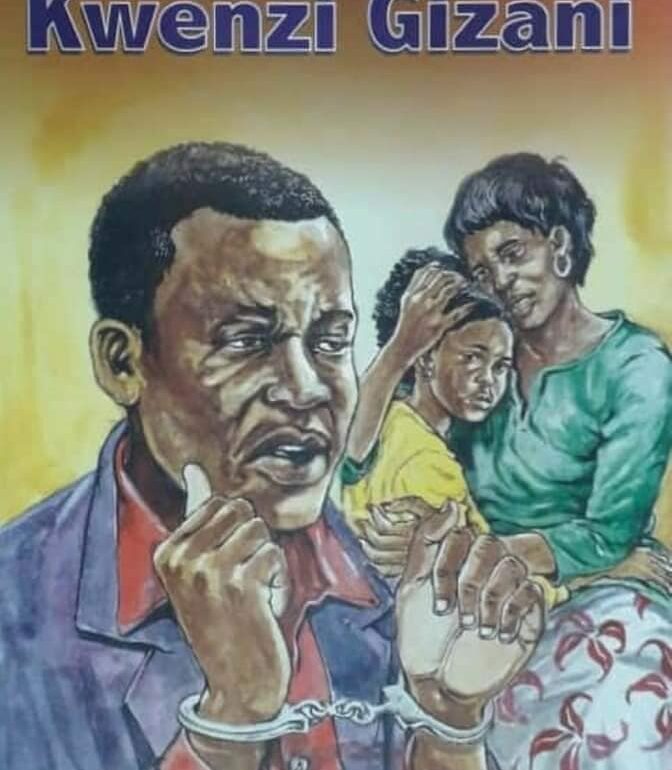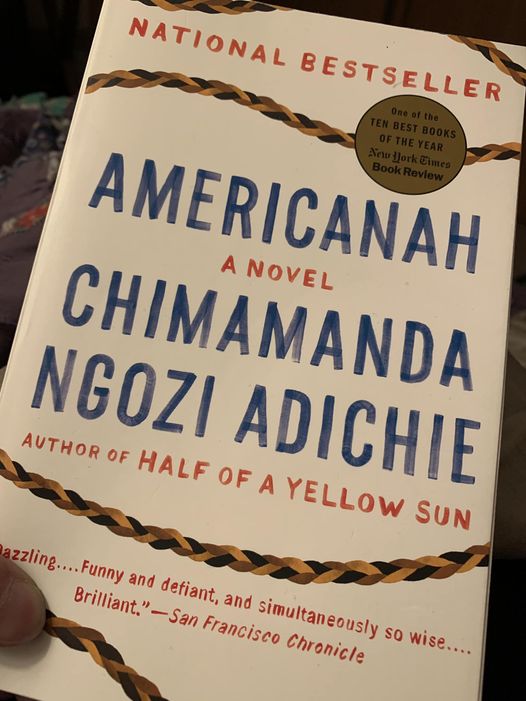TITLE: Daring
AUTHOR: Rehema Malemba Kiteto
GENRE: Memoir
PUBLISHER: The Writers Guild-Kenya
REVIEWER: Kelvin Jaluo Shachile
Coming of age novels must be among the best books we recommend to teenagers and young adults. My assumption for this has always been that coming of age novels are books and stories that allow these young people to look at their lives at the same time reflect on the stories and characters they read about. But then that is fiction, it might be a great reflection of their lives but there is a thin line between those stories and the realities they encounter in their lives.
I have thought for days since I first read Rehema Kiteto’s new memoir titled “Daring” and I have settled to declare it a coming of age story in full realness.
Kenyan author and administrator, Rehema Kiteto made news some years back after her appointment as the youngest administrator in the country at just the age of 24. Having known her for years since I worked with her on our first book “Hell in the Backyard and Other stories” published by Queenex Publishers in 2019, I celebrated this milestone for her.
Days later, as news spread even wider and curiosity in the country spread in wonder of who this mysterious girl was, I started receiving calls and emails from people to get a comment about her. That scared not only me but others close to her.
Some people had theories of how she might have got the job while others remained in awe of her life for they knew her somehow. Daring is a story the country has been waiting for. She writes about her life from childhood to the government administrator she is today. Personalised enough that we get to learn about her encounters with people, love, expectations, disappointments, her blossoming and becoming.
She answers the questions the public had for her since her appointment while situating her story to remind us that it was not an accident she got here. It is actually something that was long overdue. With the right qualifications, experience and values, Rehema’s arrival into the public scene was not an overnight success, it is as she writes, a journey of daring.
She however clarifies that what people said about her did not concern her and the misinterpretations are not something to address. She wrote Daring to dare others to journey on with strength and resilience.
She writes that “My concern was for the young people who might read those online blogs, believe them and throw away their tools of hard work.” Daring is not only a promising book for teenagers and young adults, it is great for general readership with a promise to resurrect hope in readers who might have in anyway been threatened by the quality of Kenyan self-published books in this recent while. The most exceptional coming of age memoir I have read so far.
The 197 pages long memoir is among the best self-published books I have ever read from any Kenyan. The skillful craft and the way the publisher upheld the integrity and standards of the industry warmed my heart as a book lover. Launched on 25th May of 2024, this new book within a very short time has found itself in the hands of very many people and in places I had never seen memoirs being celebrated, even the Senate of Kenya. I dare say, a well-received memoir from a young person in Kenya threatening to become a national bestseller.
Kelvin Shachile is a writer and curator. He co-authored Hell in the Backyard and other stories (Queenex Publishers, 2019). His writing has appeared in; The Armageddon and Other Stories anthology, A Country of Broken Boys anthology and The Best New African Poets 2018 anthology. Shachile has been featured and published by some of Africa’s finest literary platforms including Agbowo’, Writers Space Africa, Kalahari Review, Akewi’ and elsewhere. Long listed for African Writers Awards and Shortlisted for the Wakini Kuria Prize in 2019. He has worked for Lolwe and briefly for Agbowo’. He is well known for his pamphlet the Game of Writing published and distributed by African Writers Development Trust in 2019, which was reviewed as ‘a bible for new African writers.’ He currently serves on the editorial board of Fiery Scribe Review.



